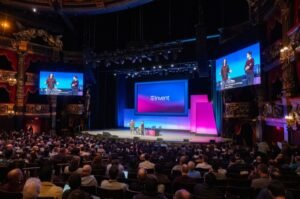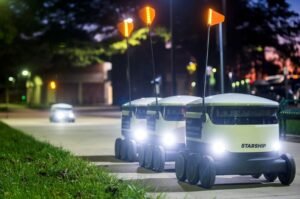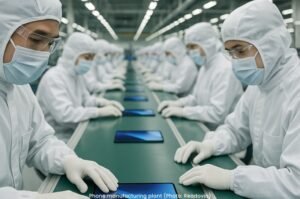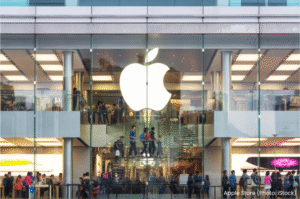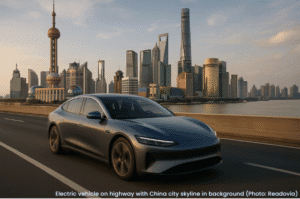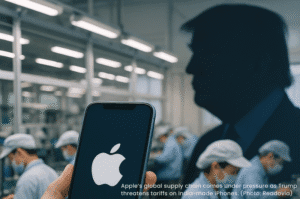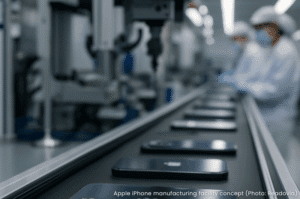
Amazon has confirmed plans to eliminate approximately 14,000 corporate roles as part of a sweeping restructuring effort tied to its growing focus on artificial intelligence and automation. The cuts mark one of the company’s largest workforce reductions since the pandemic era and reflect a broader push to streamline operations and accelerate AI-powered efficiencies across its business units.
While the layoffs represent a fraction of Amazon’s global headcount, the decision underscores a deeper shift taking hold across the corporate world. Major technology and service companies are re-aligning their talent models around automation, data-driven decision-making, and productivity systems powered by generative AI.
The affected roles are expected to span multiple divisions, including corporate services, advertising, human resources, and elements of Amazon Web Services — the company’s most profitable arm. The restructuring comes amid rising investment in AI infrastructure, cloud computing, and next-generation logistics systems designed to cut costs and improve output.
The Strategic Underpinnings
Leadership has framed the move not as a retreat, but as a reconfiguration — aimed at flattening hierarchies, reducing duplication, and redeploying resources into high-growth areas. Amazon’s leadership has publicly stated that AI will increasingly shape how the company manages its workforce and delivers value, and this round of changes signals that vision becoming operational.
The Wider Lense
Beyond Amazon, the announcement reflects an inflection point in how corporations are approaching efficiency. The next wave of workforce evolution is about redesigning entire organizational structures for an AI-first world. As automation absorbs repetitive tasks, the focus of human work shifts toward creativity, strategy, and oversight — roles where judgment and innovation still matter most.
Readovia Insight
This restructuring signals a new rule for the age of intelligent systems: adaptability is the new measure of progress – not workforce growth. Companies that learn to blend AI capability with human capital strategy will define the next generation of competitive advantage. The challenge ahead is how to redeploy talent into a future where technology changes faster than tradition.







